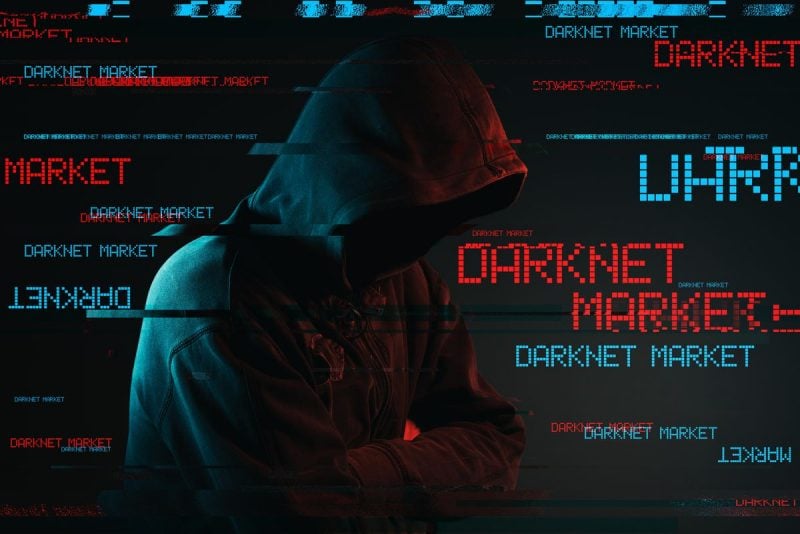Security News

Palo Alto Networks security researchers identified more than 20 Amazon Web Services APIs that can be abused to obtain information such as Identity and Access Management users and roles. The same attack could be leveraged to abuse 22 APIs across 16 different AWS services to obtain the roster of an account, get a glimpse into an organization's internal structure, and leverage the information to launch targeted attacks against specific individuals.

Cisco has patched two vulnerabilities in its Cisco Security Manager solution, both of which could allow unauthenticated, remote attackers to gain access to sensitive information on an affected system. Those are part of a batch of twelve vulnerabilities flagged in July 2020 by Florian Hauser, a security researcher and red teamer at Code White.

Cisco has published multiple security advisories concerning critical flaws in Cisco Security Manager a week after the networking equipment maker quietly released patches with version 4.22 of the platform. The flaws were responsibly reported to Cisco's Product Security Incident Response Team three months ago, on July 13.

Researchers at the University of Birmingham have managed to break Intel SGX, a set of security functions used by Intel processors, by creating a $30 device to control CPU voltage. Break Intel SGX. The work follows a 2019 project, in which an international team of researchers demonstrated how to break Intel's security guarantees using software undervolting.

The Dark Web/Darknet continues to be an environment for bad actors to share stolen credentials and discuss successful attacks. Just as there's a lot of bad on the Dark Web, there is also good - mostly in the form of intel that can be used to help protect organizations from attacks.

ESET researchers have discovered ModPipe, a modular backdoor that gives its operators access to sensitive information stored in devices running ORACLE MICROS Restaurant Enterprise Series 3700 POS - a management software suite used by hundreds of thousands of bars, restaurants, hotels and other hospitality establishments worldwide. What makes the backdoor distinctive are its downloadable modules and their capabilities, as it contains a custom algorithm designed to gather RES 3700 POS database passwords by decrypting them from Windows registry values.

According to Jan Kopriva, a team leader of ALEFs Computer Security Incident Response Team and SANS ISC contributor, despite the attention the vulnerability received when first disclosed and the public availability of PoCs for exploiting it, Shodan searches show upwards of 100,000 systems still vulnerable. Shodan, he explains, can be used to discover systems that are affected by a specific vulnerability, although the exact manner in which the search engine determines whether a machine is vulnerable to SMBGhost attacks is unclear.

So not only have you eliminated by far the majority of messages, you've also broken the "OTP proof" of "All messages are equiprobable". Using compression does alow you to change the encrypted message length, which for years was also desirable because reducing the size of a message had other benifits, not the least of which was cost, which is why the later Victorians were apparently "Code book crazy".

UPDATE. Link previews in popular chat apps on iOS and Android are a firehose of security and privacy issues, researchers have found. When a user sends a link through, it renders a short summary and a preview image in-line in the chat, so other users don't have to click the link to see what it points to.

An analysis of the manner in which popular chat applications handle link previews has revealed several privacy and security issues, including some that still need addressing, security researchers warn. Link previews provide users with information on what a link received in chat would lead them to, regardless of whether it is a file or a web page.